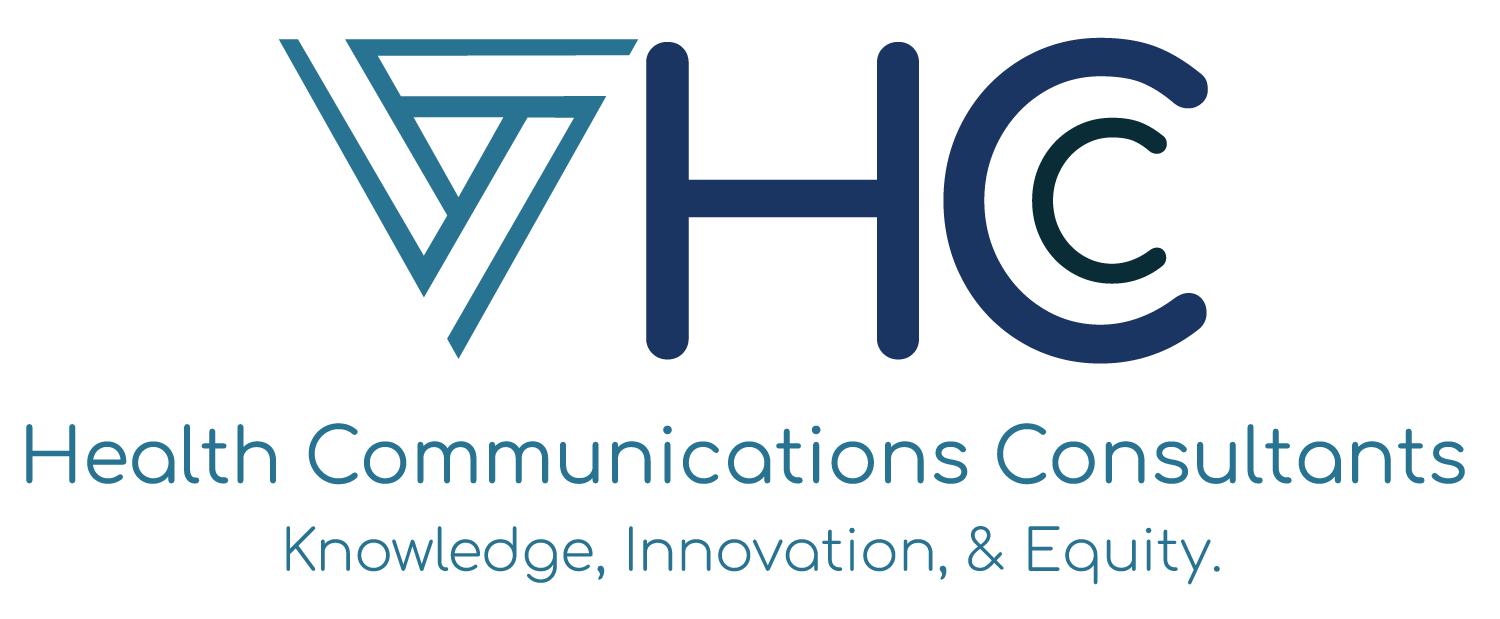HCC, Inc. has partnered with the National Association of County and City Health Officials (NACCHO) to support Rural and Frontier Health Departments build their workforce capacity to respond to COVID-19. May 2021 data from the U.S. Centers for Disease Control and Prevention (CDC) revealed that COVID-19 vaccine coverage was significantly lower in rural counties (38.9%) compared to urban areas (45.7%); those disparities persist across age groups and by sex. As rates of vaccinations have slowed across the country, the gap continues to widen. During our information gathering discussions, we learned some amazing things that local rural and frontier health departments are doing in their community to ensure health equity for testing, vaccine access and support.
Lead with data. Follow with Passion.
NW Michigan LHD (Michigan) is using their Immunization Registry data which drills down to census track level data to locate where people are living that are getting vaccinated. They are coupling this with their social vulnerability index (SVI) data to target populations for their vaccine outreach.
Audrain LHD (Missouri) knew that transportation would be a barrier for vaccination uptake and therefore placed 1 remote clinic in each city in the county so that everyone would be within walking distance.
Screening and Intervening
Kent LHD (Maryland) compiled a list of home-bound residents that want to be vaccinated. At the end of each day, they take doses left from open vials to the next person on the list to reduce their vaccine wastage.
Clear Creek LHD (Colorado) identified that 15% of vaccine recipients did not return for their second dose. One of their strategies is to deliver personalized telephone calls to understand how they can help reduce barriers to get them back for their second dose.
San Juan Basin LHD (Colorado) participated in a pilot food box program with their state office. Upon entering a case report in the State Reporting System, investigators could make a radio button selection within the system to have a 30-day supply of food sent to a person in isolation or quarantine.
Cook LHD (Minnesota) recognized that their population had a significant hearingimpaired population that would struggle with communication due to wearing of masks.They provided masks with a clear panel to persons who self-identified as having a hearing impairment and offered to have a staff member navigate them through the vaccine/testing events.
Montezuma LHD (Colorado) have begun to call their positive COVID-19 cases to ascertain interest in getting vaccinated.
Partner with people who know the problem best, with people who have the power to make change.
Langlade LHD’s (Wisconsin) outreach included a pop-up vaccination clinic at a local dairy farm. At that event, one of the farm workers (Spanish-speaking) helped with translation and building confidence in vaccine uptake with the workers on the farm. He continues to work with the health department as a vaccine champion (1:1 outreach) in the Hispanic community.
Through their outreach efforts, Moffat LHD (Colorado) was able to recruit a retired family medicine physician who has worked in the area for over 40 years. He is credible and trusted in the community. He is now their Chief Medical Officer (as a volunteer) and doubles as their PIO.
Good partnerships and Commitment start with Similar Values
Oneida LHD (Wisconsin) connected with their local movie theater as a vaccination site and the theater donated popcorn to everyone who received a vaccine.
Towner LHD (North Dakota) worked with their already established Foot Care Clinic, a partnership with the Council of Aging, to ensure there was over 80% vaccine uptake in clients that come through the clinic. They will also be engaging in the State’s “We will be Vaccinated Together” campaign and will have local faces be part of their print ads.
Scotland LHD (Missouri) partnered with businesses, including an unconventional business. The local carwash was part of their vaccine outreach.
Recognizing their high poverty rates, Lewis LHD (Kentucky) was seeking donations for a door prize giveaway. A local partner saw the request and donated $5,000 to the health department. Lewis County LHD is starting their $25 gift card program incentivize program and have made children 12 and up eligible to receive the gift cards too.
To continue the conversation, reach out to HCC, Inc. at: Sarah.Matthews@healthcommunicationconsultants.com


